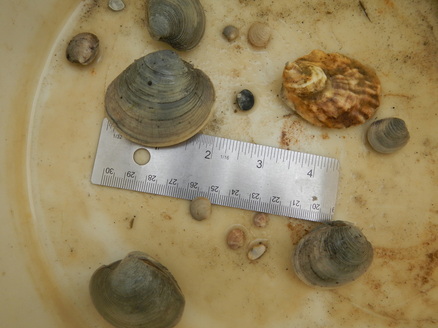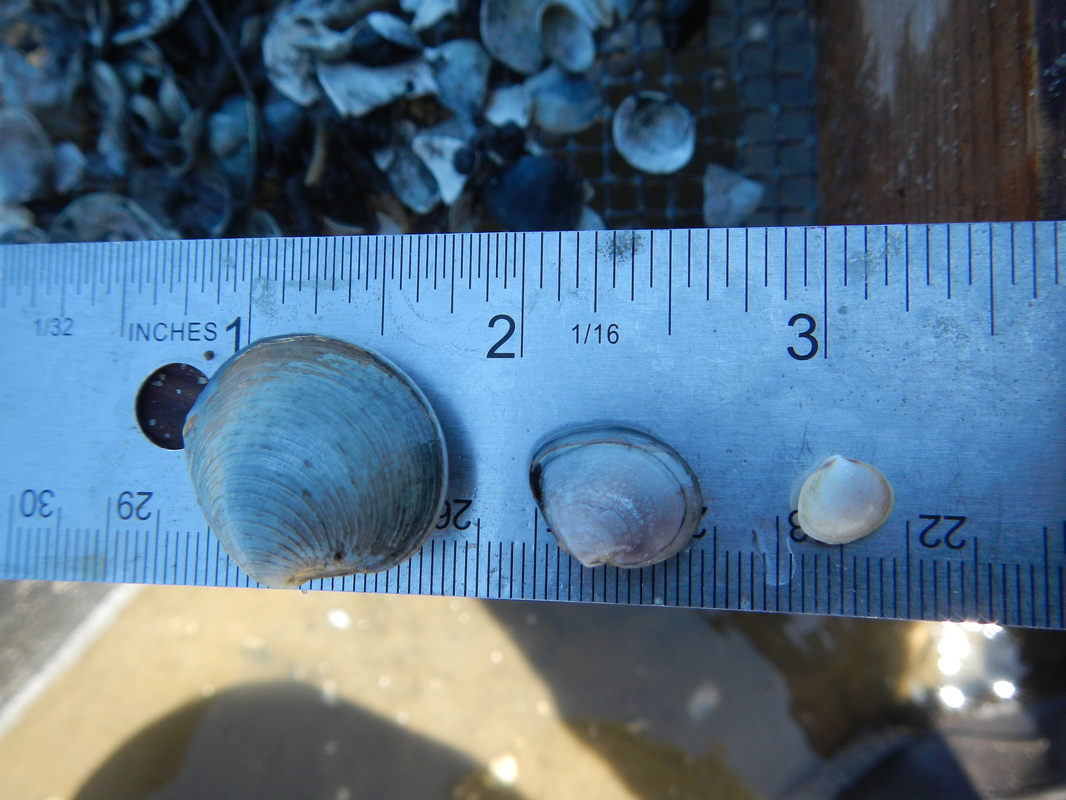|
Open and Closed Areas
There are about 38,000 recreational shellfish permit holders in the Commonwealth. When the Commonwealth of Massachusetts has to close an area to shellfishing the responsibility of the Shellfish Constables do not decrease, they increase. Shellfish are a legendary marine resource that has been utilized in Massachusetts since the earliest inhabitants and continue to provide food, recreation, jobs and a continuing tradition for a way of life. |
Water Quality
Massachusetts remains the only state in the country that maintains a depuration plant, in order to supply the soft shell clam industry with high quality product. There, clams harvested from mildly contaminated waters are treated for at least 48 hours and tested several times before being released to the dealers for public consumption. This not only ensures a steady supply of shellfish but is a source of revenue for Massachusetts residents. The several million dollar industry would not be possible without the Massachusetts Shellfish Officer Association. |
Our shellfish are "the canaries of the sea" in that they are the first to be affected by water pollution. They are filter feeding organisms that pass great quantities of water through their bodies absorbing food and oxygen and cleaning away waste. Algae and other food partials (including bacteria and viruses) are strained out of the water during feeding. Large volumes are filtered out each day, and this can concentrate disease causing bacteria and pollutants in shellfish. When pollution effects our shellfish waters, shellfisherman therefore are the first to feel the economic hardship.
Shellfish Constables are the first line of environmental shoreline protection. They are on our shores searching, finding and stopping pollution.
Shellfish Constables are the first line of environmental shoreline protection. They are on our shores searching, finding and stopping pollution.

